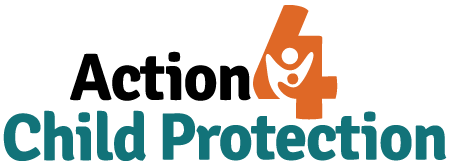Professional Development Overview
Our experts have partnered with child welfare agencies to design state-of-the-art child welfare training systems and programs. Design efforts have included fully evaluating child welfare staff competencies, conducting organizational training needs assessments, and aligning desired practice outcomes to classroom and on-the-job experiences and activities.
In addition, we also deliver a host of professional development opportunities for child welfare agencies and other community-based family support organizations. We provide curriculum development, content expertise, and support train-the-trainer programming. Our professional development programs are outcome-oriented and designed to ensure transfer of learning to on-the-job activities and expectations.
Our child welfare experts support professional development across all SAFE core practice model components and offer additional training and educational opportunities across a variety of child welfare, social services, mental/behavioral health, supervision, and leadership topics.
Our experts can address the following topics in comprehensive, practical ways that improve staff knowledge and competency:
- Child Safety, Permanency, and Well-being
- Child and Adolescent Mental Health
- Coaching
- Commercial Sexual Exploitation of Children
- Family Engagement
- Interviewing Techniques
- Implementation Science, including Change Management
- Legal and Judicial Systems and Partnerships
- Mentoring
- Project Management
- Supervision
- Trauma-Informed Care
As part of our efforts to build workforce capacity, we also provide extensive case consultation and coaching support services. This includes working one-on-one and with small groups of staff, supervisors, and program managers to provide feedback on case practice and decision-making. Our approach to case consultation is strengths-based, and uses a coaching consultative approach to facilitate dialogue.
Coach Approach to Supervision in Child Welfare
Many human service agencies are recognizing that “a coach approach to supervision” serves as an effective strategy to quality service delivery and program improvement. To effectively integrate the coach approach in service delivery, a comprehensive understanding of coaching approaches and models is helpful for program staff, supervisors, managers, and leaders at all levels of an agency. ACTION’s two-day coaching learning program is based on the Atlantic Coast Child Welfare Implementation Center (ACCWIC) and has been implemented in several states. This model focuses on performance and development coaching with an emphasis on strengths-based practice. The model is well received by child welfare agencies because it also helps supervisors to model the same kinds of child-centered, family-focused approaches and behaviors desired of front-line workers.




